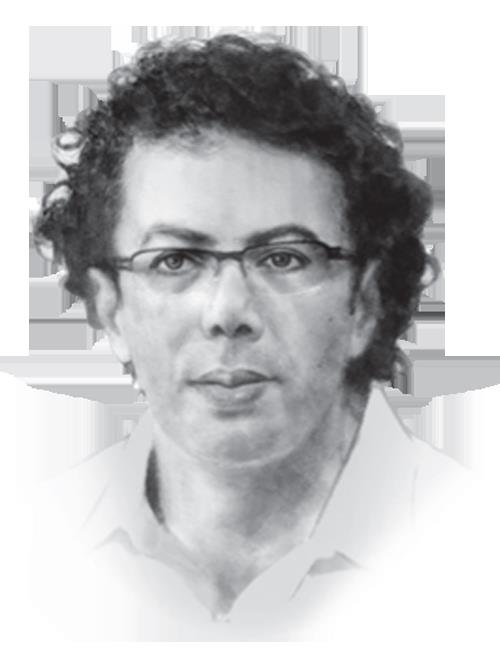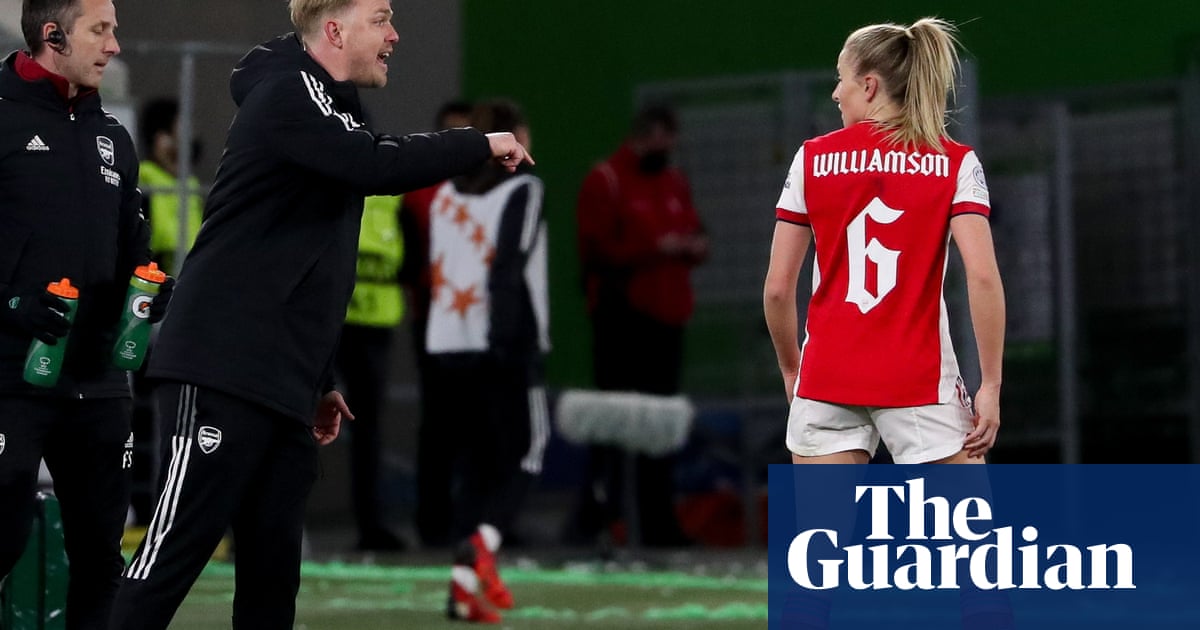
The European Union’s chief executive, Ursula von der Leyen, expressed sympathy with Turkey over the conflict in Syria on Monday but said it was impermissible for Ankara to let refugees and migrants on its territory cross into Europe.
Greek police clashed over the weekend with thousands of migrants seeking to enter the EU from Turkey, which has kept a lid on migration from the Middle East into Europe since 2016 in exchange for funds to help refugees.
“I acknowledge that Turkey is in a difficult situation with regards to the refugees and the migrants. But what we see now cannot be an answer or solution,” she told a news conference, according to Reuters.
Von der Leyen will visit the Greek-Turkish border on Tuesday and Boyko Borissov, the prime minister of Bulgaria - which also shares a border with Turkey - is due to meet Turkish President Recep Tayyip Erdogan in Ankara later on Monday.
The 27 EU states are struggling to agree a joint position vis-à-vis Turkey, which says it will no longer honor its 2016 deal with the EU as another escalation of the war in Syria sends a new wave of refugees to its own soil.
EU interior ministers will hold an extraordinary meeting on Wednesday to discuss the situation at the bloc’s border with Turkey, and specifically how they can support Greece and Bulgaria patrol their frontiers.
The EU’s ties with Ankara have long been strained over human rights concerns, Erdogan’s sweeping crackdown on critics following a botched 2016 coup against him and, more recently, hydrocarbon drilling off Cyprus.
The EU has also been divided on how to share out the burden of caring for refugees and migrants reaching its territory since a 2015-26 spike in arrivals all but overwhelmed Europe.
The chaotic arrival of more than a million people back then strained the EU’s security and welfare services, and also fueled support for right-wing, Eurosceptic and anti-immigration parties in many member states.
‘Blackmail’
“We have to stand by Greece and fight together Erdogan’s blackmail. Europe needs to do this by finally setting up the comprehensive European migration policy we already called for since spring 2015,” liberal EU lawmaker Guy Verhofstadt said.
“Today Greece suffers the consequences; tomorrow the rest of the Union.”
The EU’s options include offering more funds for more than 3 million refugees Turkey hosts, stepping up humanitarian aid inside Syria and supporting the frontline members Greece and Bulgaria in policing the bloc’s external border.
The EU is seeking to engage with Erdogan to see what it can do to revive their migration pact.
“We are in a very difficult situation,” an EU diplomat said ahead of an emergency meeting of the 27 national envoys to the EU in Brussels due later in the day.
“We have to express some sort of solidarity with Turkey in order to be able to put pressure on them on migration. But the former is extremely sensitive for member states like Greece and Cyprus. It is not clear what we can do.”











